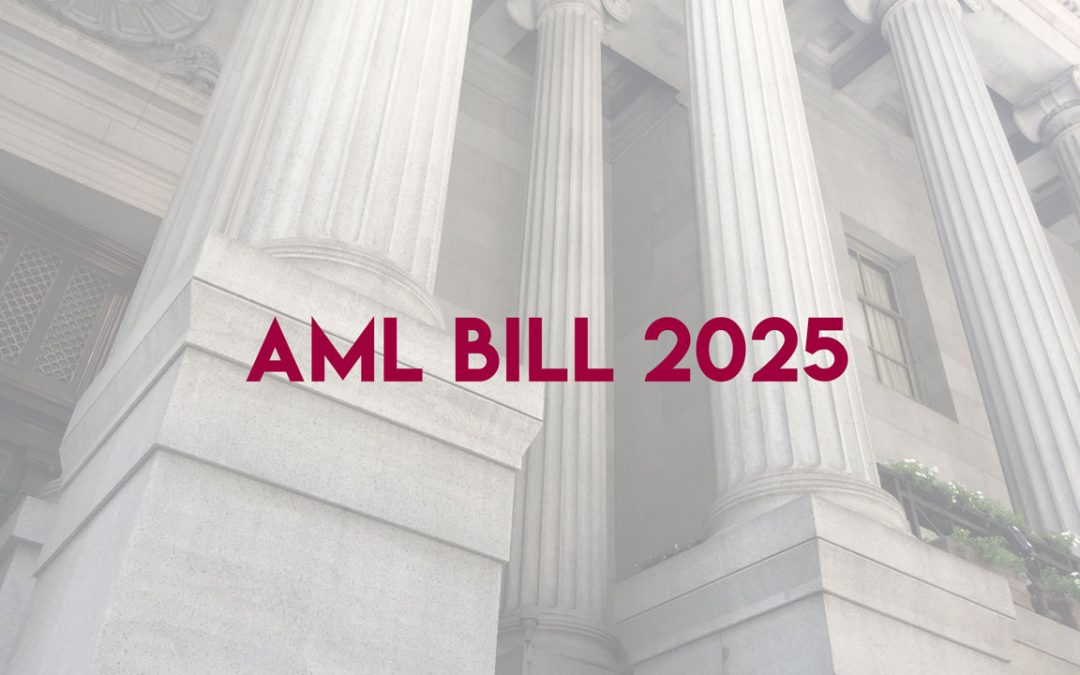- Introduction
Kenya has taken a significant step in reinforcing its financial crime framework with the Anti-Money Laundering and Combating of Terrorism Financing Laws (Amendment) Bill, 2025. The bill aims to align Kenya’s anti-money laundering (AML) and counter-terrorism financing (CTF) measures with international best practices, particularly those recommended by the Financial Action Task Force (FATF). This comes at a time when illicit financial flows, corruption, and terrorism financing pose substantial risks to the country’s economic stability and global reputation.
This article analyzes the Bill’s key provisions, its potential impact, and how it compares to AML/CTF regimes in the United Kingdom (UK) and the United States (US).
- Key Provisions of the 2025 Bill
- Expanded Regulatory Scope
The Bill enhances the Financial Reporting Centre (FRC)’s oversight over banks, financial institutions, and Designated Non-Financial Businesses and Professions (DNFBPs) such as:
- Law firms
- Real estate agents
- Casinos
- Digital financial service providers (e.g., mobile money and cryptocurrency firms)
This mirrors global trends where non-traditional financial actors are being brought under AML/CTF regulations due to their vulnerability to illicit financial flows.
- Increased Reporting Obligations and Risk-Based Approach
- Financial institutions and DNFBPs must conduct enhanced due diligence (EDD) on high-risk customers, politically exposed persons (PEPs), and large cash transactions.
- The Bill introduces stricter Know Your Customer (KYC) requirements and mandates more frequent reporting of suspicious transactions to the FRC.
- A risk-based approach is emphasized, meaning institutions must assess and mitigate risks based on the nature of their business and clientele.
- Stricter Penalties for Non-Compliance
- Higher fines and criminal liability for individuals and companies failing to adhere to AML/CTF obligations.
- The Bill aligns with FATF’s Recommendation 35, which urges strong penalties as a deterrence measure.
- Focus on Beneficial Ownership Transparency
- Establishes enhanced beneficial ownership transparency, making it harder for criminals to hide illicit funds behind shell companies.
- This move is in line with FATF Recommendation 24, which calls for transparency in corporate ownership structures.
- Enhanced International Cooperation
- Strengthens cross-border information sharing between Kenyan authorities and international AML/CTF agencies.
- The Bill aligns with United Nations conventions and regional anti-money laundering bodies, such as the Eastern and Southern Africa Anti-Money Laundering Group (ESAAMLG).
- Comparative Analysis: Kenya vs. UK and US
- The United Kingdom (UK)
The UK’s AML/CTF framework is primarily governed by:
- The Proceeds of Crime Act (POCA) 2002
- The Money Laundering Regulations 2017 (amended in 2019, 2022)
- The Sanctions and Anti-Money Laundering Act 2018
Comparison with Kenya:
- Similarities:
- Both require beneficial ownership transparency, with the UK having the Companies House Register and Kenya now establishing its own central registry.
- The UK’s National Crime Agency (NCA) and Kenya’s FRC play similar roles in tracking financial crimes.
- Like Kenya’s Bill, the UK has adopted a risk-based approach to AML/CTF.
- Differences:
- The UK has Unexplained Wealth Orders (UWOs), allowing authorities to seize assets without proving criminal activity—a tool Kenya has yet to implement.
- The UK enforces public registers for company ownership, whereas Kenya’s Bill may limit access to beneficial ownership data to authorities only.
- The United States (US)
The US AML/CTF framework is governed by:
- The Bank Secrecy Act (BSA) 1970
- The Patriot Act 2001
- The Anti-Money Laundering Act (AMLA) 2020
Comparison with Kenya:
- Similarities:
- Like Kenya’s Bill, the US also expands AML obligations to new financial players, including crypto exchanges and DNFBPs.
- Both countries mandate enhanced due diligence (EDD) and suspicious activity reporting (SARs).
- Kenya’s new penalties for non-compliance mirror the stricter enforcement seen under AMLA 2020 in the US.
- Differences:
- The US uses geographical targeting orders (GTOs) to monitor high-risk financial zones, such as luxury real estate transactions—a provision missing in Kenya’s Bill.
- The US has a stronger whistleblower program under AMLA 2020, incentivizing individuals to report financial crimes with financial rewards.
- Potential Challenges for Kenya
- Implementation & Enforcement Gaps
- While the Bill introduces stricter compliance measures, Kenya has historically struggled with enforcement, especially against high-profile individuals and Politically Exposed Persons (PEPs).
- Effectiveness of the Financial Reporting Centre (FRC)
- The FRC needs more independence and resources to effectively monitor compliance and investigate financial crimes.
- Balancing Regulation with Financial Inclusion
- Kenya’s large informal economy and mobile money sector could be negatively impacted by burdensome compliance requirements.
- International Pressure & FATF Greylisting Risks
- Kenya has previously been under scrutiny by FATF. Failure to effectively implement this Bill could lead to greylisting, which would hurt foreign investments and international banking relationships.
Conclusion: A Step in the Right Direction?
The Anti-Money Laundering and Combating of Terrorism Financing Laws (Amendment) Bill, 2025 is a positive step in strengthening Kenya’s financial integrity. By enhancing regulation, transparency, and enforcement, Kenya aims to meet global AML/CTF standards and avoid international blacklisting.
However, successful implementation will require:
- Strong political will to combat financial crime at the highest levels.
- Adequate resources for enforcement agencies like the Financial Reporting Centre (FRC).
- Clearer guidelines for businesses to ensure compliance without stifling innovation and financial inclusion.
In comparison to the UK and US, Kenya’s Bill aligns well with international frameworks but lacks certain advanced enforcement mechanisms, such as Unexplained Wealth Orders (UWOs) and geographical targeting tools.
If well-executed, this Bill could significantly improve Kenya’s global standing in AML/CTF compliance, protecting the economy from illicit financial flows while fostering investor confidence.
For more information or clarification kindly contact:
Wendy Muganda
Managing Partner, Kijala & Muganda Advocates
Disclaimer: This article is meant for general use only and should not be relied upon solely without seeking legal advice first.


Recent Comments